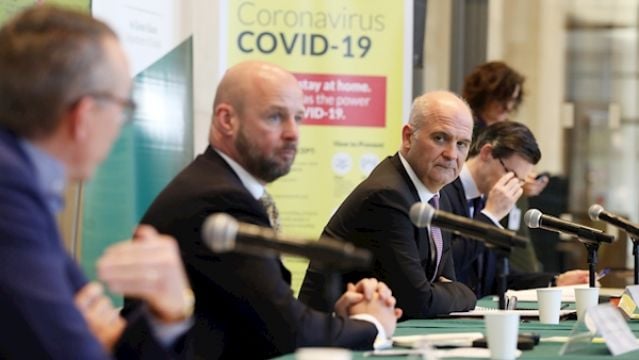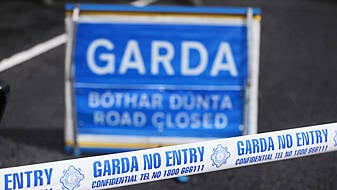Professor Philip Nolan, chair of NPHET’S Irish Epidemiological Modelling Advisory Group, told RTÉ radio’s Morning Ireland that while testing was important the primary defence was to limit contacts and to be really careful.
“The more social outings, the higher the risk of infection. We're advising people to exercise personal discretion about how often they are going to engage in social activity,” he added, referring to the opening of "wet" pubs outside Dublin today.
Prof Nolan said that social contact was important for people’s welfare and health and he understood the desire to have some level of social interaction, but he warned that the more interaction, the greater the risk.
“The subtle message is to reduce your social contacts by half and, if we do that, Dublin can move down from Level Three to Level Two and other counties will be able to avoid those restrictions that were imposed on Dublin,” he said.
Calm response
However, he warned that even if people “work really hard” progress to reduced transmission could still be very slow. If the rate of transmission were to stabilise in 10 days time “that will be a really good sign.
“We need to keep at it to keep the trend downwards.”
Prof Nolan added that now was not the time for negligence even if the mortality rate (for over 65s) was now one in 20, down from one in five in April. “This is still a lethal virus.”
Recent figures were a warning of the need to treat the virus seriously, but he did not want people to panic. A calm response was required, he said. “We can get it under control.”
It would take at least a week to see results of the measures introduced in Dublin at the weekend, he said.







